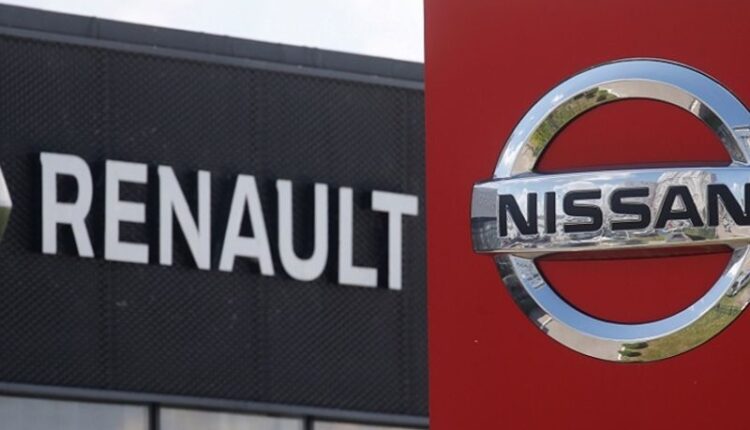Renault’s CEO Luca de Meo is fed up with the automaker’s moribund business in China and willing to rip up the script the company and its alliance partner Nissan forged years ago to turn things around.
The French automaker and its Japanese counterpart adopted a “leader-follower” strategy in May 2020, where each company would occupy the driver’s seat in certain regions and the back seat in others. The goal was to revive cooperation and squeeze savings out of an alliance strained by the 2018 arrest of long-time leader Carlos Ghosn.
The plan assigned Renault, Nissan and Mitsubishi Motors core geographies where they would serve as a reference to the others to enhance competitiveness and share resources. But in setting out to turn things around in China, Renault CEO Luca de Meo has looked outside the alliance for help, pursuing a partnership with Geely Holding Group that includes selling hybrid cars in the world’s biggest auto market.
“Renault’s whole strategy in China was wrong,” de Meo told Bloomberg News on the sidelines of a media event last week. “It’s not Nissan’s fault. They may be leader in China, but they are not there to be charitable.”
Announced last year, the tie-up with Geely — which also controls Volvo Car and has shareholding ties with Daimler — spoke to the still-tenuous nature of relations between Renault and Nissan. While the automakers have scheduled a briefing for Jan. 27 to unveil new common projects, working together in China is low on their agenda.
Renault did not involve Nissan in its discussions with Geely that yielded a preliminary agreement in August, according to people familiar with the matter. While the two used to cooperate in areas including research and human resources, collaboration and communication has dwindled, said one of the people, who asked not to be identified because the deliberations are not public.
‘Spirit’ continues
Representatives for Nissan did not respond to a request for comment. Makoto Uchida, Nissan’s CEO, told Bloomberg Television on Thursday that the “alliance will always have a strategic partnership together.”
“We have been working on multiple new technologies for electrification, including platforms, e-powertrains and batteries within the alliance,” Uchida said. “We have already 21 years successfully achieving collaboration and synergies. This spirit and mind set will continue and this momentum has to be enhanced.”
Renault sold just 19,229 vehicles in China last year, dropping its market share in the country to 0.08 percent. Nissan’s China sales fell 5.2 percent to 1.38 million units, the automaker said Jan. 6.
“Nissan could not rescue us,” de Meo said.
Under their framework agreement reached five months ago, Geely would help Renault sell hybrid vehicles in China, where the former is the largest privately owned automotive group. Renault would in turn assist Geely with entering the South Korean market with its Lynk & CO unit, where Renault has had a more than two decade-long venture with the Samsung group.
Renault has a patchwork of partnerships in China that have been in a state of flux the last several years. It exited a venture with Dongfeng Motor in 2020 to focus on commercial vehicles and electric cars. In December of last year, it said its commercial-vehicle venture with Brilliance Auto Group Holdings was unable to meet financial obligations and initiated a restructuring. It still has a production agreement with Nissan for the no-frills Dacia Spring EV, which is exported to Europe, and an EV venture with Jiangling Motors.
“We are trying to clean it up,” de Meo said of Renault’s business in China. The company likely will need a few years to pull off a project that is innovative enough to stake out a share of the “pretty advanced” market, he said.


